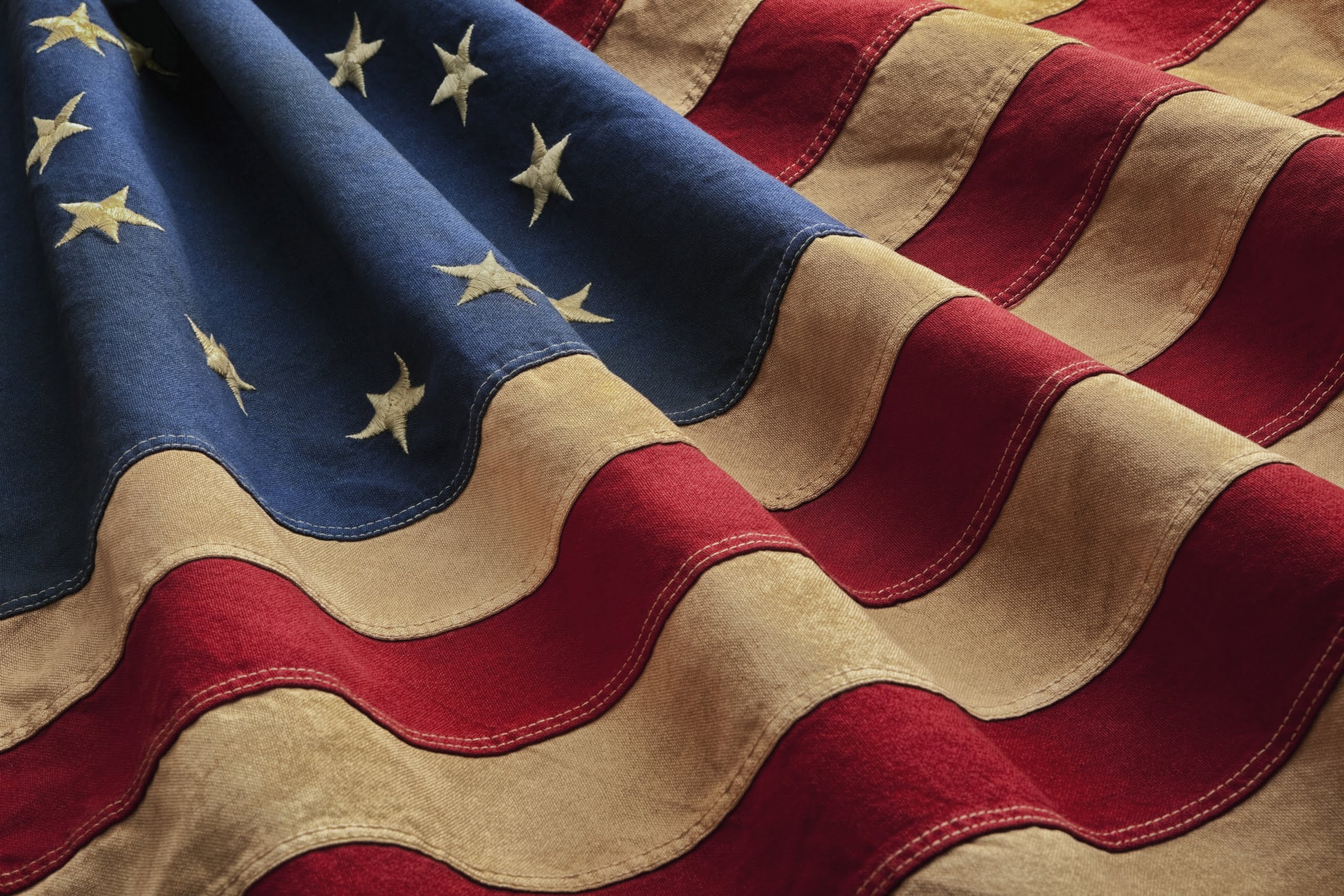“Listen, my children, and you shall hear the midnight ride of Paul Revere.”
Did you know there were 13 battles (ironic, there were 13 colonies) from April 1775-June 1776 prior to the Declaration of Independence? There are so many great stories from each battle. Today, let’s remember the first battle of the Revolutionary War featuring Paul Revere that took place in Lexington, Massachusetts, April 1775.
The Battle
American Patriots and the British were on the precipice of war. The Colonists did not know when the British would strike. The colonials devised a warning system to alert a British invasion. The tallest structure happened to be the Old North Church, and Paul Revere hung two lit lanterns to warn the moment had arrived – The British were coming.
The infamous British invasion sparked the Battles of Lexington that took place from April 18-19, 1775. 18 of the 77 militia of the Continental Army were killed before retreating to Boston. The Revolutionary War for American Independence had begun. This event would be later be retold in a poem, “Paul Revere’s Midnight Ride.”
Paul Revere
Upon completing his service in the war, Paul Revere resumed his life as a silversmith and engraver. His business is still in operation as Revere Copper Company in Rome, New York. This year, 2020, marks 219 years in business.
The Midnight Ride of Paul Revere
The Midnight Ride of Paul Revere wasn’t written until 1860 by Henry Wadsworth Longfellow. Longfellow, an abolitionist, and poet wrote his famous poem to encourage the Northern States for the Revolutionary War that was on the horizon.
Listen, my children, and you shall hear
Of the midnight ride of Paul Revere,
On April 18, in Seventy-Five:
Hardly a man is now alive
Who remembers that famous day and year.
He said to his friend, “If the British march
By land or sea from the town to-night,
Hang a lantern aloft in the belfry-arch
Of the North-Church-tower, as a signal-light,—
One if by land, and two if by sea;
And I on the opposite shore will be,
Ready to ride and spread the alarm
Through every Middlesex village and farm,
For the country-folk to be up and to arm.”
Click here for the rest of the poetic story
Happy Fourth of July!





